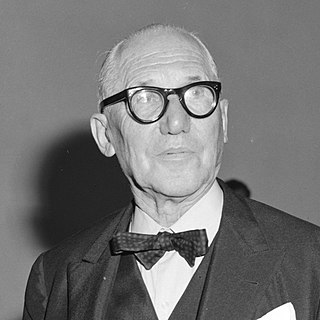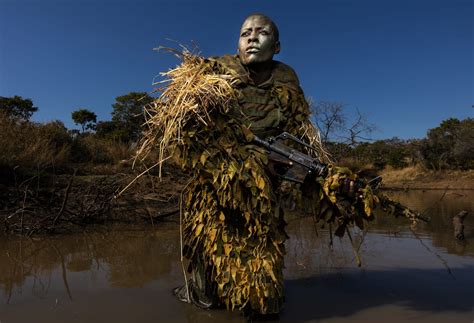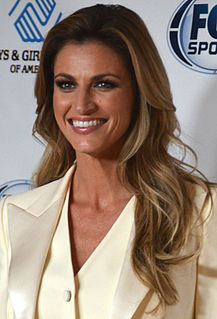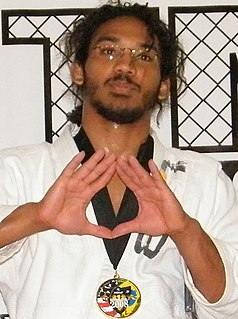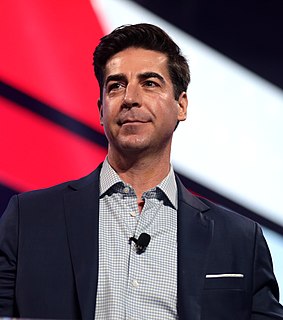A Quote by Le Corbusier
Related Quotes
I've been doing photography in one form or another for, oh golly, over seventy years. I don't carry cameras. I used to. For many years I carried cameras wherever I went. Photograph whatever I saw that was of interest. In the last years, I've only used cameras to explore thematic ideas which presented themselves first. And then bring out the cameras to try to explore that idea.
[Marla, Shar and I] all have had very public breakups, so I think people know they can relate with us in one way or another. And this is one of the few reality shows where they didn't have the cameras right in people's faces. Like when we were sitting around the table talking with the divorced people, the cameras were way back. And we just listened. Sometimes people just need an ear.
For a period of time, I carried cameras with me wherever I went, and then I realized that my interest in photography was turning toward the conceptual. So I wasn't carrying around cameras shooting stuff, I was developing concepts about what I wanted to shoot. And then I'd get the camera angle and do the job
For a period of time, I carried cameras with me wherever I went, and then I realized that my interest in photography was turning toward the conceptual. So I wasn't carrying around cameras shooting stuff, I was developing concepts about what I wanted to shoot. And then I'd get the camera angle and do the job.
The way social media is now, and people are with cameras - we all live different lives whether you're in the spotlight or not. I mean, you can't be a boss or an executive of a big time company and act a fool, because there are cameras everywhere and people are going to document it and take pictures. I'm not used to stuff like that.
One thing that is very different technically is that you don't get a lot of coverage in television. Not like you do on a film. I know we don't have time for separate set-ups, so I will design a scene where I'm hiding multiple cameras within that set-up. That way, if I don't have time to do five set-ups, I can do four cameras in one set-up. It's a different kind of approach for that. For the most part, a lot of television, in a visual sense, lacks time for the atmosphere and putting you in a place.
Or, to express this in another way, suggested to me by Professor Suzuki, in connection with seeing into our own nature, poetry is the something that we see, but the seeing and the something are one; without the seeing there is no something, no something, no seeing. There is neither discovery nor creation: only the perfect, indivisible experience.
I think there are two different types of people in television. There are people who can turn it on like a switch when the cameras go on, and then, when the cameras go off, they kind of lower it down a little bit. And then there are people who are on all the time, no matter if the cameras are there or not.
I love writing songs with people, which is about really taking risks, throwing yourself over the falls and really seeing what you're made of and seeing how it sticks. Seeing how others react to it, and seeing also how it can become a melody and how it can really take off from your experience. It's a way of seeing life unfold on the page before me.
